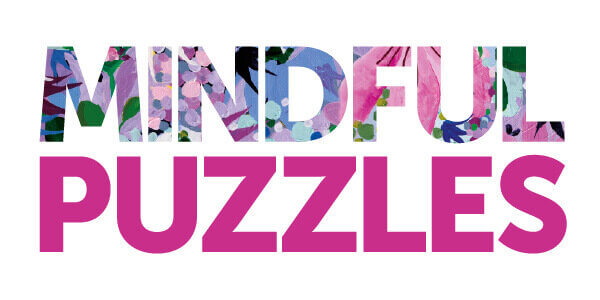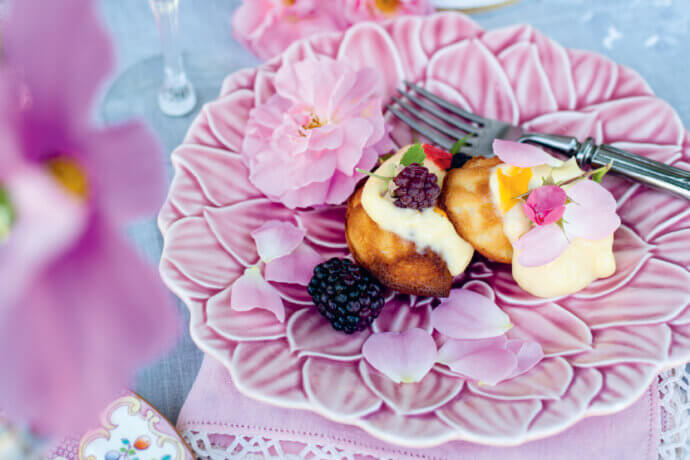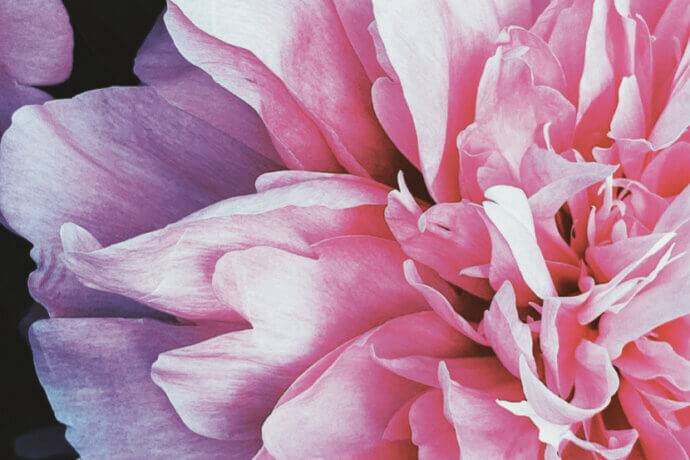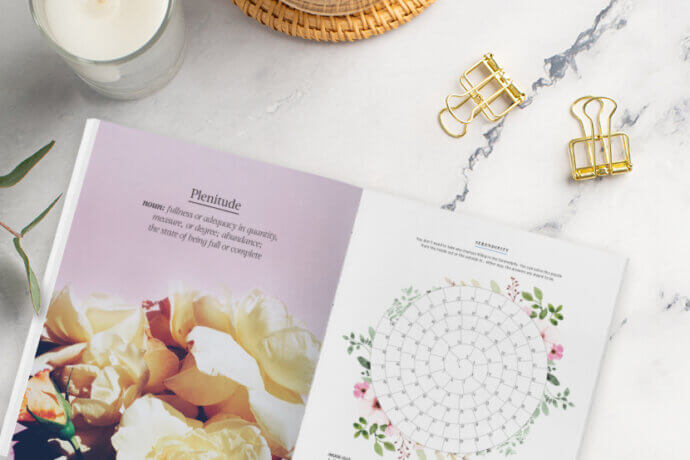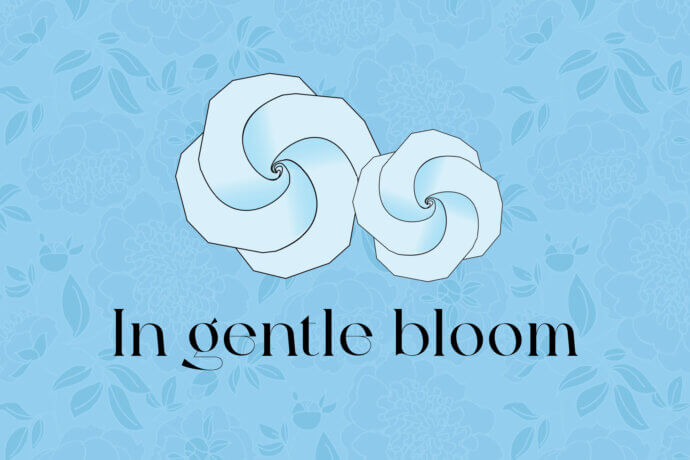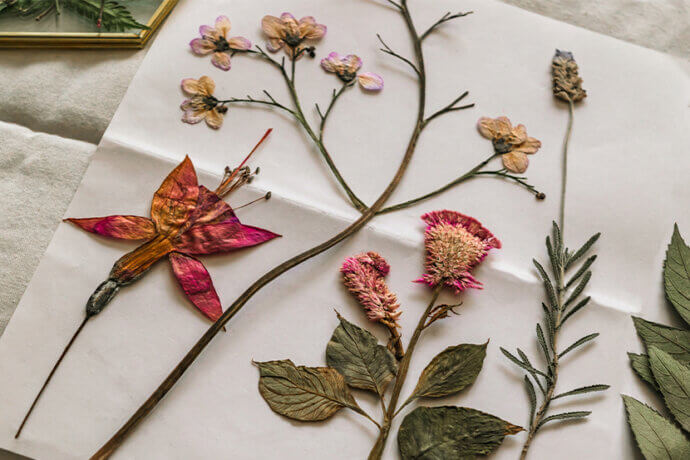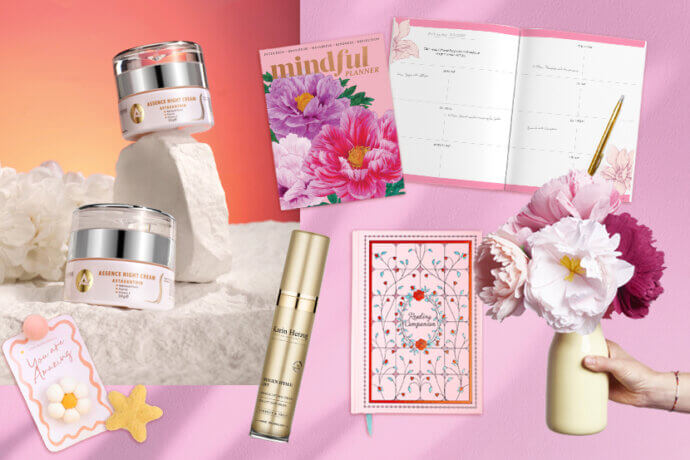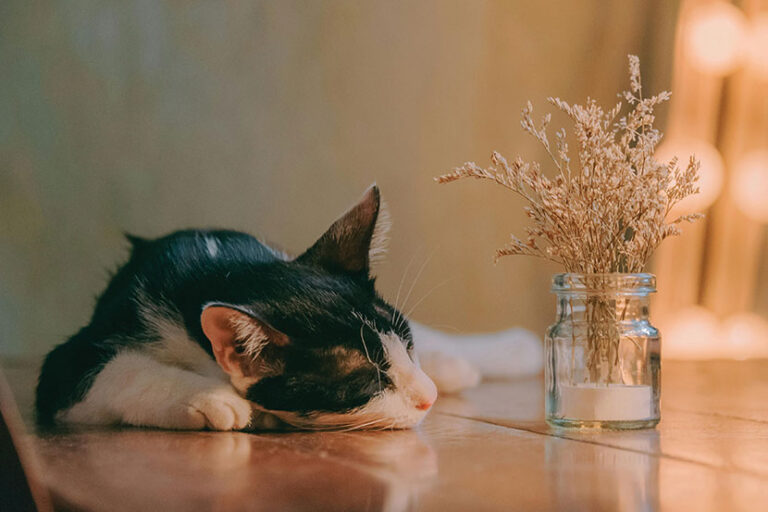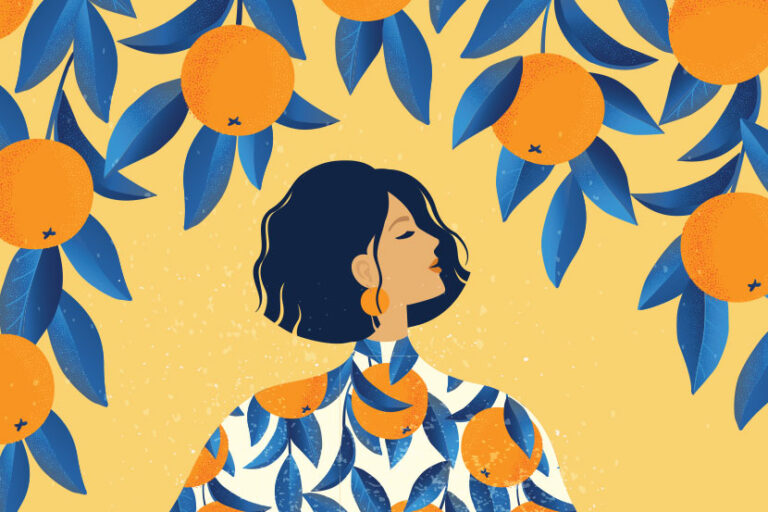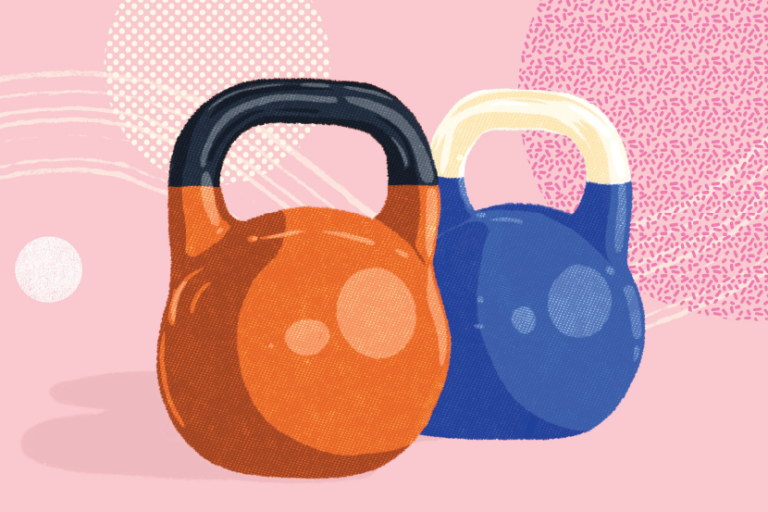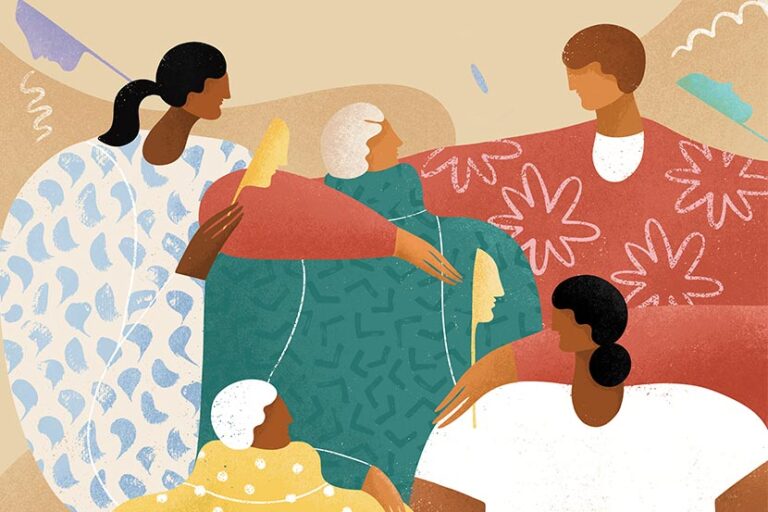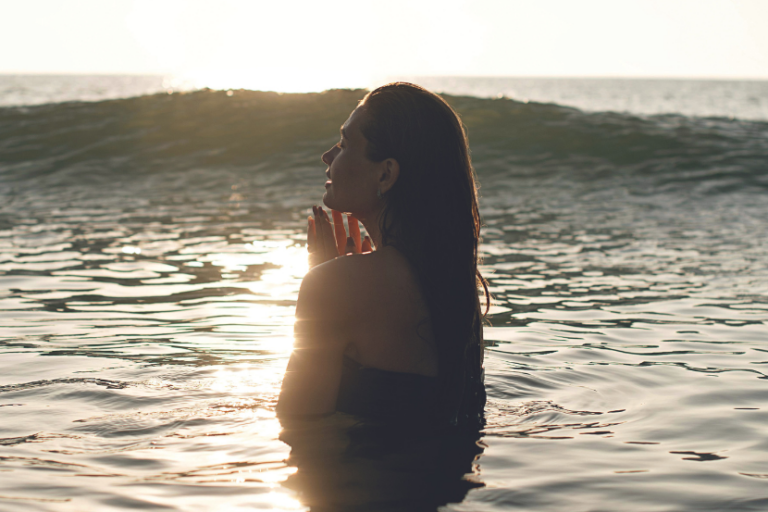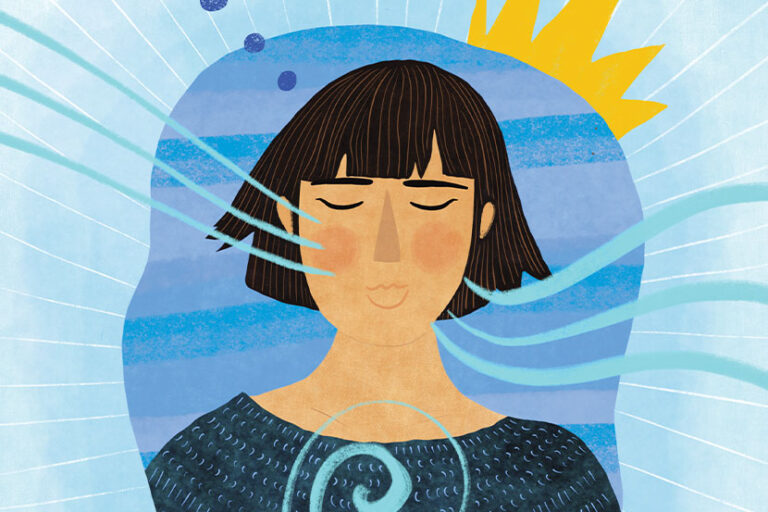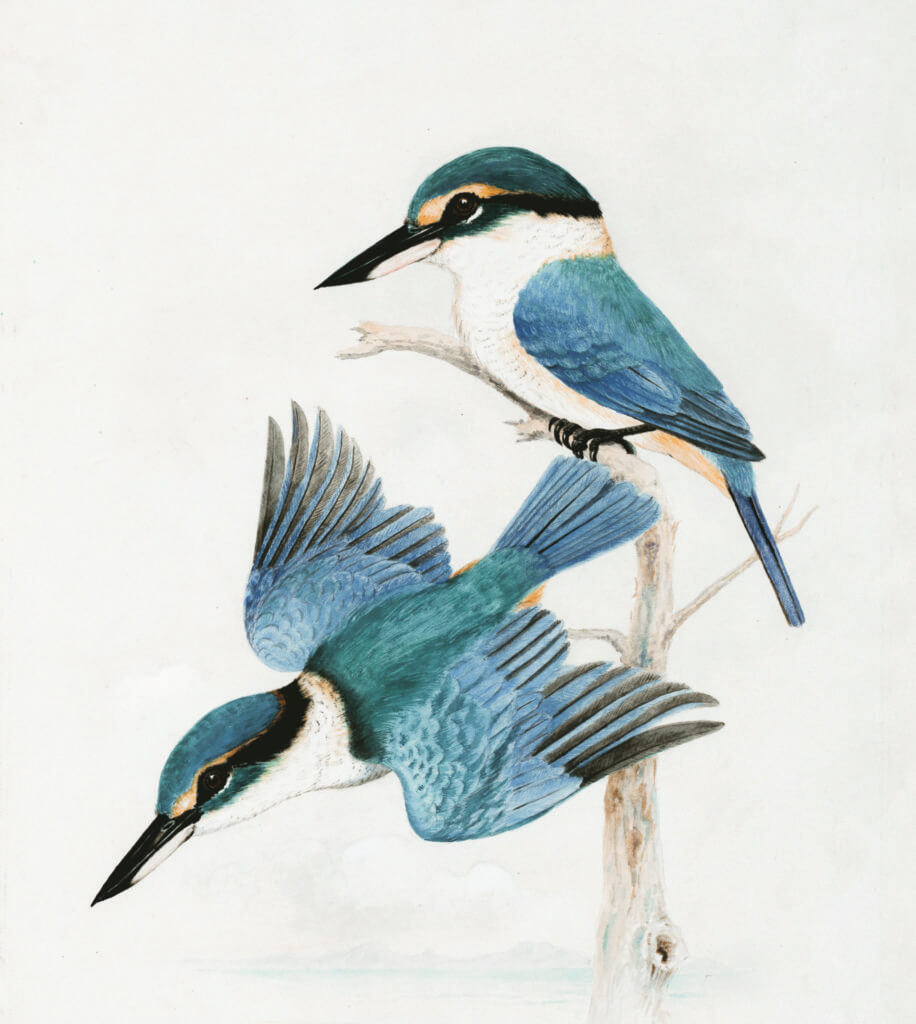
We’re delighted to share our Round 4 winner of the 2020 Short Story Prize. Helen Gearing offers a poignant vignette—a brief but startling moment of self-discovery—in the life of a young loner. We found it compelling and emotionally complex, and applaud Helen on her keen psychological insight and her narrative restraint.
The mud crab drifted in a slow circle, its body the plaything of the current. Lexie prayed it would start moving again. She swirled the bucket and finally reached in. Surely the prospect of a finger, soft and helpless in its titanium claws, would rouse the crab to action. But it did not move.
It had been a game. In one swift movement, Lexie had scooped the crab into her red bucket. It had scrambled against the smooth sides of its prison, but its claws, despite their enormous power, were unable to grip the walls. In an instant, Lexie had been transformed into a cruel Beast and the crab into Beauty, trapped by the Beast’s superior strength and cunning. The Beast would relent eventually, as Beauty’s kindness melted its stony heart. Then, in an act of heroic self-denial, the Beast would free Beauty, knowing it would mean a lifetime of loneliness for itself. And perhaps Beauty would return of her own free will and they would live together, forever.
For the past forty minutes, the world of Lexie’s game and the world of the here-and-now had fused into one reality. She had left the crab in the bucket and raced through shallow water collecting shells, seaweed, driftwood, and small pieces of glass. Satisfied with her haul, she dumped the treasures into a pile and began building a castle. Two lengths of driftwood became gaffs, ready to pull the drawbridge up by its seaweed chains if the castle was threatened. Mangrove flowers on the outer walls were arrow slits, and a giant sand tower rose from the castle’s centre. It was a work of art.
Lexie enjoyed building things more than talking to other kids. Something occurred when she finished a project; a feeling that the terms of contract between her and the world had been met. School was tiring, and she gradually stopped trying to join games she didn’t understand and conversations that bored her. She was lucky that at home there weren’t other children and she could play, uninterrupted, for hours—though she knew her parents wished she had friends, or a brother or sister, and talked about it after she had gone to bed.
Finally, the castle was finished, and Beauty could be transferred to her new home. Lexie had created a lake, circled with tiny, opal pieces of broken shell, within the castle’s walls. The lake was her acknowledgement that Beauty probably wouldn’t be willing to stay put at the top of the tower, and Lexie couldn’t think of any way to make her. Lexie ran to the bucket and looked inside. Grief drilled deep into Lexie’s core. The crab’s ancient design, glossy red-brown body, tiny black eyes, scuttling walk and mission to survive—all this sacrificed for her entertainment. She sat, stunned, until her breathing finally slowed and her legs grew cold and itchy.
Her grief turned to shame. Fear ballooned inside her as she slowly looked around. Her parents were still inside the big house across the road—the one with veranda that wrapped right around, hugging the house a bit too tightly. The mudflats stretched hundreds of metres in front of her before meeting the silent ocean. Behind her, a kingfisher sat on top of the stone retaining wall. For a moment, its beauty was all Lexie noticed—its turquoise back and head, creamy collar, gold belly. The bird kept looking in her direction, though, the only other living thing in sight. Lexie grew certain it had witnessed what she had done.
Unable to bear the kingfisher’s gaze any longer, Lexie grabbed one of the pieces of driftwood and hacked into the castle pond, deepening it. When she reached down to the gooey bottom, murky seawater submerged her hand and the top of the hole reached above her elbow. Lexie picked up the bucket, and trying not to look at the crab directly, poured it into the hole. She collapsed the tower over the top, burying the crab in a watery tomb. She looked back up towards the wall. The kingfisher was still watching.
